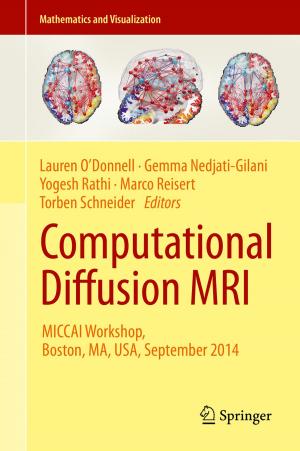Psycholinguistic Approaches to Meaning and Understanding across Languages
Nonfiction, Reference & Language, Language Arts, Grammar, Linguistics| Author: | ISBN: | 9783319056753 | |
| Publisher: | Springer International Publishing | Publication: | July 1, 2014 |
| Imprint: | Springer | Language: | English |
| Author: | |
| ISBN: | 9783319056753 |
| Publisher: | Springer International Publishing |
| Publication: | July 1, 2014 |
| Imprint: | Springer |
| Language: | English |
Reports on joint work by researchers from different theoretical and linguistic backgrounds offer new insights on the interaction of linguistic code and context in language production and comprehension. This volume takes a genuinely cross-linguistic approach integrating theoretically well-founded contrastive descriptions with thorough empirical investigations. Authors answer questions on the topic of how we ‘encode’ complex thoughts into linguistic signals and how we interpret such signals in appropriate ways. Chapters combine on- and off-line empirical methods varying from large-scale corpus analyses over acceptability judgements, sentence completion studies and reading time experiments. The authors shed new light on the central questions related to our everyday use of language, especially the problem of how we construe meaning in and through language in general as well as through the means provided by particular languages.
Reports on joint work by researchers from different theoretical and linguistic backgrounds offer new insights on the interaction of linguistic code and context in language production and comprehension. This volume takes a genuinely cross-linguistic approach integrating theoretically well-founded contrastive descriptions with thorough empirical investigations. Authors answer questions on the topic of how we ‘encode’ complex thoughts into linguistic signals and how we interpret such signals in appropriate ways. Chapters combine on- and off-line empirical methods varying from large-scale corpus analyses over acceptability judgements, sentence completion studies and reading time experiments. The authors shed new light on the central questions related to our everyday use of language, especially the problem of how we construe meaning in and through language in general as well as through the means provided by particular languages.















